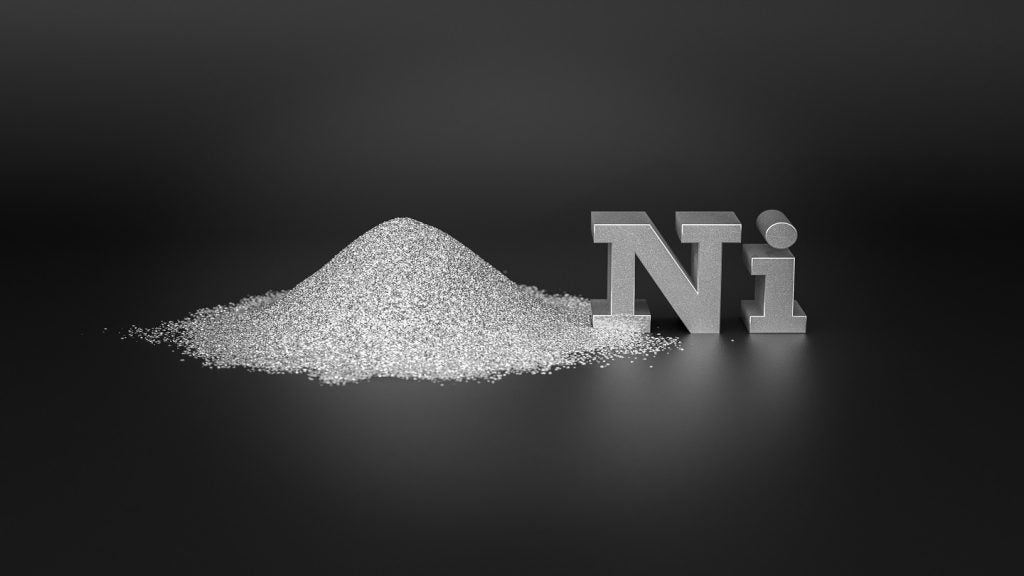French mining company Eramet and German chemical company BASF have ditched their joint investment in a nickel-cobalt refining complex in Weda Bay, Indonesia.
In 2020, Eramet and BASF signed an agreement to explore the feasibility of constructing the refinery, aimed at bolstering the nickel EV battery value chain in the region.
The two companies decided to discontinue the project, which would have involved an investment of $2.6bn (€2.42bn) to build the nickel-cobalt refinery, due to slower sales growth for EVs in the South East Asian nation, according to a Bloomberg report.
Despite the setback, Eramet remains committed to evaluating other potential investments in Indonesia's nickel sector for EV batteries and intends to keep stakeholders updated on any developments.
The German company, on the other hand, has stated that it will cease all ongoing activities related to the Weda Bay project.
BASF Catalysts division president Dr Daniel Schönfelder said: “A secure, responsible and sustainable supply of critical raw materials for the production of precursor cathode active materials, which may also originate from Indonesia, remains crucial for the future development of our battery materials business.”
BASF's battery materials division, which manages sourcing of metals and precursors, as well as trading, has established a strong network of partners.
This network is designed to ensure a stable supply of essential raw materials for its expanding cathode active materials business globally.
BASF board of executive directors member Anup Kothari said: “After a thorough evaluation, we have concluded that we will not execute the nickel-cobalt refining project in Weda Bay.
“Since the inception of the project, the global nickel market has changed significantly. In particular, the supply options have evolved and with that BASF’s availability of battery-grade nickel.
“Consequently, BASF no longer sees the need to make such a substantial investment to ensure a resilient metals supply for its battery materials business.”









